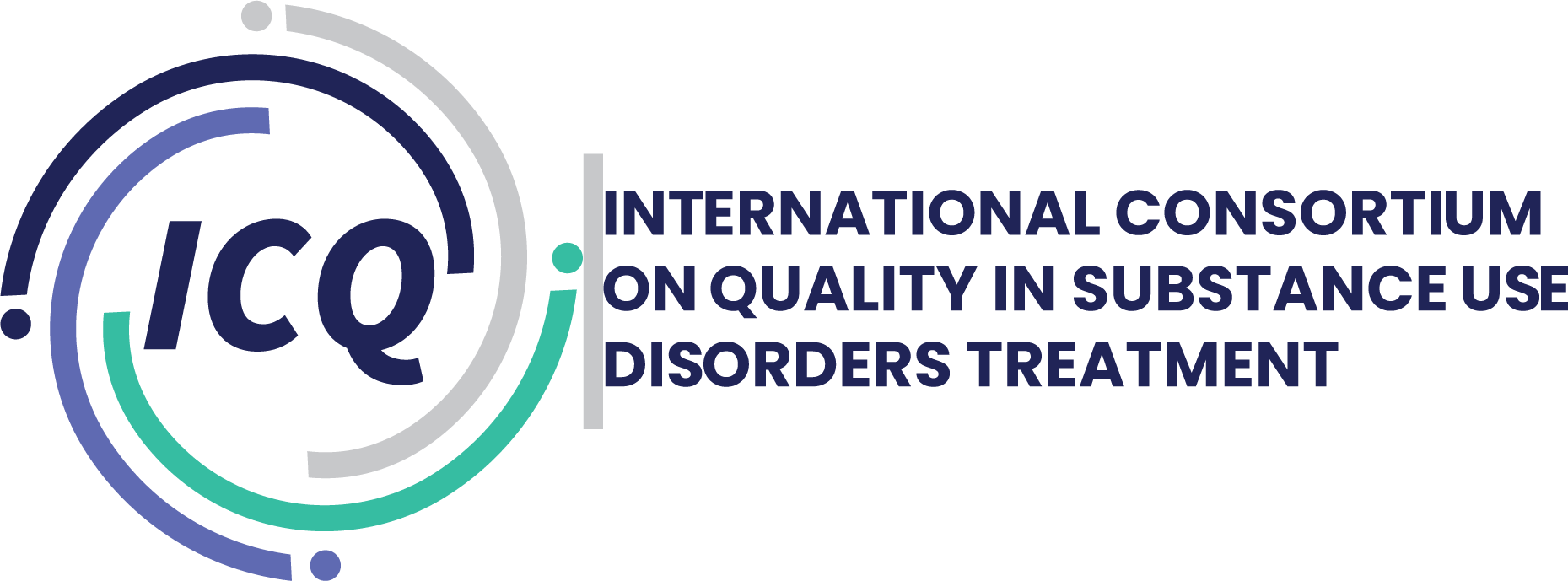Community-based treatment, care, and supervision for people with substance use problems who are involved with the justice system.
Reduce Drug Related Crime
Engaging vulnerable populations in drug treatment court: Six month outcomes from a co-occurring disorder wraparound intervention.
Abstract Objective Although drug treatment courts (DTCs) have demonstrated positive outcomes, participants with co-occurring mental health and substance use disorders (CODs) are a high-risk group that often struggle with treatment...
The MISSION-criminal justice treatment manual.
In order to effectively implement MISSION and maintain program fidelity, model-specific treatment manuals and consumer workbooks have been created. Each treatment manual is a comprehensive how-to guide for case managers, peer support...
Evidence-based treatment and supervision practices for co-occurring mental and substance use disorders in the criminal justice system.
ABSTRACT Background: Over seven million persons in the United States are supervised by the criminal justice system, including many who have co-occurring mental and substance use disorders (CODs). This population is at high risk for...
The Broker of Reality”: A Scoping Review of Moral Reconation Therapy.
ABSTRACT Purpose This scoping review aims to identify the evidence-based literature supporting Moral Reconation Therapy (MRT), a cognitive-behavioral treatment program created in 1987 and implemented in correctional-treatment settings...
A meta-analysis of moral reconation therapy.
Abstract This study reports on a meta-analysis of moral reconation therapy (MRT). Recipients of MRT included adult and juvenile offenders who were in custody or in the community, typically on parole or probation. The study considered...
A randomized controlled trial of moral reconation therapy to reduce risk for criminal recidivism among justice-involved adults in mental health residential treatment.
Abstract Objective: Moral reconation therapy (MRT) is a cognitive-behavioral intervention to reduce risk for criminal recidivism. Despite being implemented widely in correctional settings, there are no randomized controlled trials of MRT...
Effects of Moral Reconation Therapy upon moral reasoning, life purpose, and recidivism among drug and alcohol offenders.
Abstract 40 incarcerated DWI offenders and 62 drug offenders who were treated with Moral Reconation Therapy were assessed with respect to levels of moral reasoning, their perceived purpose in life, and subsequent recidivism. Analysis showed...
Meta-analysis of moral reconation therapy recidivism results from probation and parole implementations.
A meta-analysis of nine published outcome studies detailing the effects of Moral Reconation Therapy on recidivism in parolees and probationers is presented. The studies included in the meta-analysis had a total of 2,460 MRT-treated...
A meta-analysis of cognitive-behavioral therapy for alcohol or other drug use disorders: Treatment efficacy by contrast condition.
Abstract Objective. This meta-analysis examined 30 randomized controlled trials (32 study sites; 35 study arms) that tested the efficacy of cognitive-behavioral therapy (CBT) for alcohol or other drug use disorders (AUD/SUD). The study aim...
A meta‐analytic review of the efficacy of psychological treatments for violent offenders in correctional and forensic mental health settings.
Abstract This meta‐analysis examined whether psychological treatments with adult violent offenders in correctional and forensic mental health settings are effective in preventing community recidivism and institutional (hospital/prison)...
